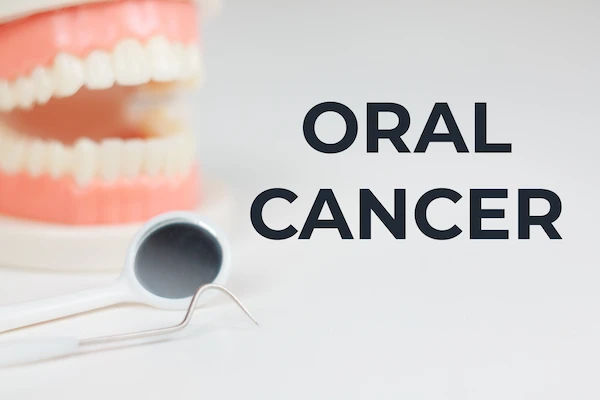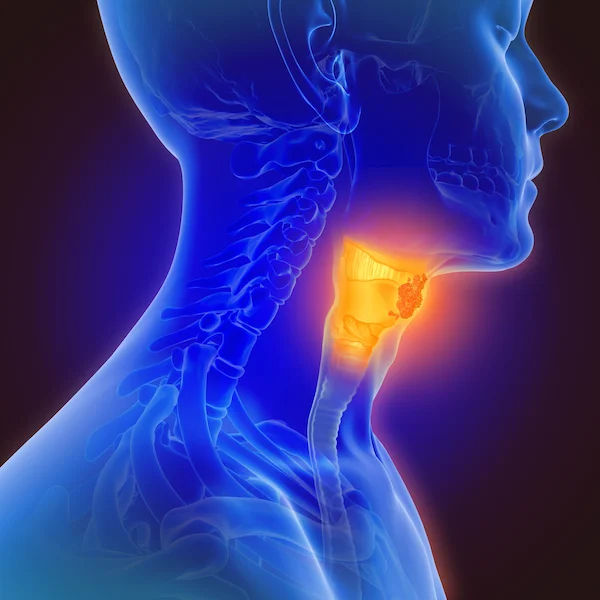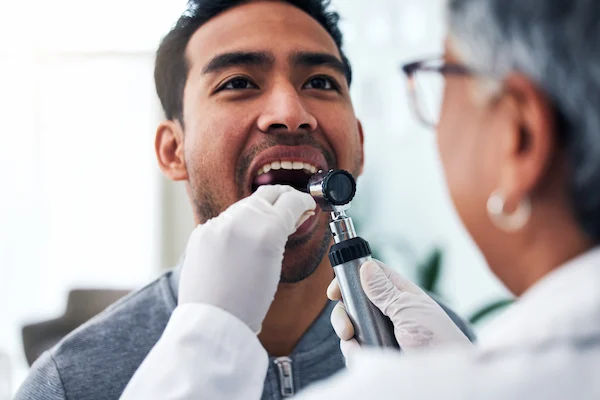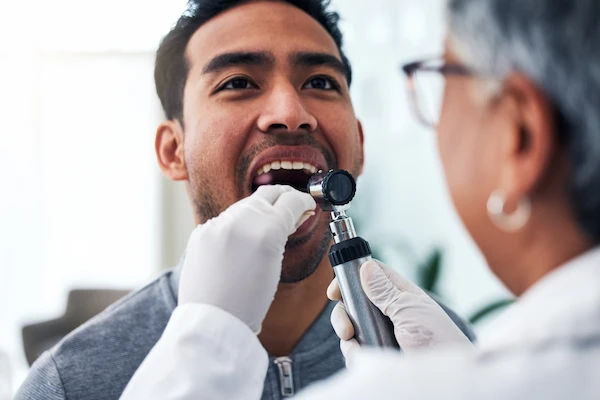Types of Oral Cancer Explained
Learn about the different types of oral cancer, including squamous cell carcinoma, verrucous carcinoma, and more. Discover their symptoms, causes, and prevention tips to stay protected and informed.

Written by Dr. J T Hema Pratima
Reviewed by Dr. Rohinipriyanka Pondugula MBBS
Last updated on 20th Aug, 2025

Oral cancer is a serious health condition that affects thousands of people every year. If detected early, it can be treated effectively, which is why awareness is crucial. This article will help you understand the different types of oral cancer, their symptoms, causes, and ways to manage or prevent them.
What Is Oral Cancer?
Oral cancer refers to cancers that develop in the mouth, including the lips, tongue, cheeks, gums, roof or floor of the mouth, and throat. It usually begins as abnormal cell growth and can spread if not treated in time.
Common Types of Oral Cancer
1. Squamous Cell Carcinoma
What is it?
This is the most common type of oral cancer, accounting for about 90% of cases. It develops in the thin, flat cells (squamous cells) lining the mouth and throat.
Symptoms:
White or red patches in the mouth
Persistent mouth sores
Pain or difficulty swallowing
A lump in the neck or mouth
Causes & Risk Factors:
Tobacco use (smoking or chewing)
Heavy alcohol consumption
HPV (Human Papillomavirus) infection
Poor oral hygiene
2. Verrucous Carcinoma
What is it?
A slow-growing, less aggressive form of oral cancer that rarely spreads to other body parts. However, it can grow large and affect surrounding tissues.
Symptoms:
Thick, wart-like growths in the mouth
Painless but persistent lesions
Difficulty chewing or speaking
Causes & Risk Factors:
Long-term tobacco use (especially chewing tobacco)
Chronic irritation from dentures or rough teeth
3. Minor Salivary Gland Cancers
What is it?
These cancers develop in the salivary glands inside the mouth and throat. They are rare but can be aggressive.
Symptoms:
A lump inside the mouth or cheek
Numbness in part of the face
Persistent pain in the mouth
Causes & Risk Factors:
Radiation exposure
Genetic factors
4. Lymphomas
What is it?
Lymphomas are cancers that start in the lymph nodes but can also affect the tonsils and base of the tongue.
Symptoms:
Swollen tonsils
Persistent sore throat
Unexplained weight loss
Causes & Risk Factors:
Weakened immune system
Infections like Epstein-Barr virus
Consult Top Specialists
5. Melanoma
What is it?
Though rare, melanoma can occur in the mouth, especially on the lips. It is an aggressive form of skin cancer.
Symptoms:
Dark, irregular patches in the mouth
Bleeding or ulceration
Causes & Risk Factors:
Excessive sun exposure (for lip melanoma)
Genetic predisposition
How Does Oral Cancer Affect Health?
If left untreated, oral cancer can:
Spread to lymph nodes and other organs
Cause difficulty in speaking, eating, and breathing
Lead to severe pain and disfigurement
How to Detect Oral Cancer Early?
Early detection increases the chances of successful treatment. Look for:
Persistent mouth ulcers (lasting more than 2 weeks)
Unexplained bleeding or numbness
White or red patches
Lumps or swelling
Consult Top Specialists
Self-Exam Tips:
1. Check your lips, gums, and cheeks in a mirror.
2. Feel for lumps or rough spots.
3. Examine the roof and floor of your mouth.
Prevention & Management Tips
1. Avoid Tobacco & Alcohol
Quit smoking and chewing tobacco.
Limit alcohol consumption.
2. Maintain Good Oral Hygiene
Brush and floss daily.
Visit your dentist regularly for check-ups.
3. Eat a Healthy Diet
Include fruits and vegetables rich in antioxidants.
Avoid excessive spicy or very hot foods.
4. Protect Yourself from HPV & Sun Exposure
Get vaccinated against HPV.
Use lip balm with SPF to protect against sun damage.
5. Regular Screenings
If you are at high risk (smokers, heavy drinkers, or HPV-positive), get regular oral cancer screenings.
When to See a Doctor?
If you notice any unusual changes in your mouth that last more than two weeks, consult a doctor immediately. Early diagnosis can save lives.
Book a Consultation Today
If you have concerns about oral cancer, Apollo24|7 offers expert consultations and screenings. Early detection is key, schedule your appointment today and take charge of your health.
Conclusion
Oral cancer is a serious but manageable condition if caught early. By staying aware of the symptoms, avoiding risk factors, and maintaining regular check-ups, you can protect yourself and your loved ones. Stay informed, stay healthy!
Would you like to book a consultation or learn more? Visit Apollo24|7 for expert guidance. Your health matters!
Consult Top Specialists
Consult Top Specialists

Dr. Gopal Kumar
Head, Neck and Thyroid Cancer Surgeon
15 Years • MBBS, MS , FARHNS ( Seoul, South Korea ), FGOLF ( MSKCC, New York )
Delhi
Apollo Hospitals Indraprastha, Delhi
(25+ Patients)

Dr. Ruquaya Ahmad Mir
Surgical Oncologist
20 Years • MBBS, DNB
Delhi
Apollo Hospitals Indraprastha, Delhi
(25+ Patients)

Dr. Praveen Kumar Garg
Surgical Oncologist
26 Years • MBBS, M.S.(Gen.Surg.), M.Ch.(OncoSurg.)
Delhi
Apollo Hospitals Indraprastha, Delhi
(50+ Patients)
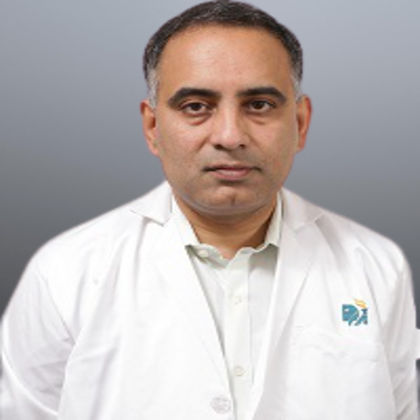
Dr. Raja T
Oncologist
20 Years • MBBS; MD; DM
Chennai
Apollo Hospitals Greams Road, Chennai
(175+ Patients)

Dr Sunita Samleti
Oncologist
18 Years • M.D. (Pathology)- TN Medical College, Mumbai University, Mumbai, Mar 2005 M.B.B.S. Grant Medical College, Mumbai University, Mumbai, Oct 1999
Chinagadila
Apollo Hospitals Health City Unit, Chinagadila
